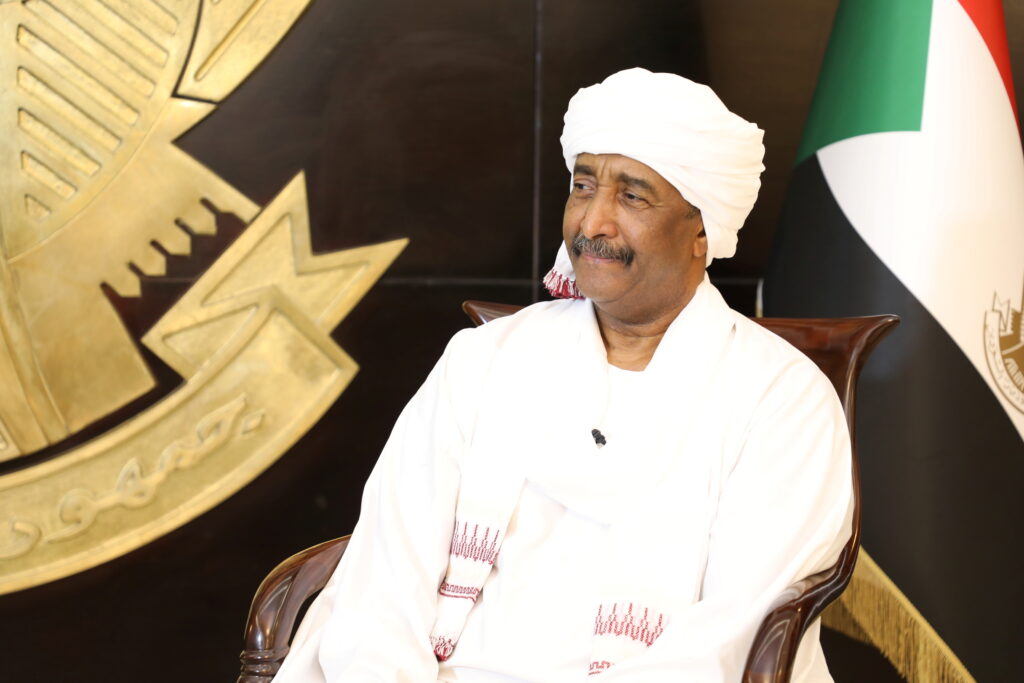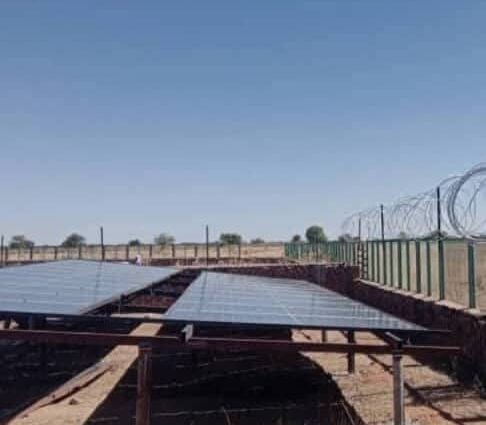
Senior Sudanese figures have condemned U.S. Treasury sanctions on Rapid Support Forces (RSF) commander Mohamed Hamdan Dagalo, also known as Hemedti, warning that the measures risk undermining peace efforts and regional stability.
Suleiman Sandal, leader of the Justice and Equality Movement (JEM), expressed concerns that the sanctions could derail ongoing initiatives to end the war in Sudan, now in its second year.
In a statement on X, formerly Twitter, Sandal said, “The sanctions will not impact the RSF leadership’s commitment to pursuing national efforts aimed at halting the war and ending the suffering in our country.”
He blamed the conflict on factions associated with the National Congress Party (NCP), the Islamic Movement, and the Al-Baraa Brigade, while emphasizing that the RSF leadership had consistently extended “a hand of peace” to resolve the crisis.
Sandal also criticized the sanctions as a negative signal to those fueling the conflict, adding that Sudanese people remain steadfast in their demands for stability and a new, inclusive political foundation.
Echoing these concerns, Ezz El-Din Al-Safi, a member of the RSF’s negotiating delegation, described the sanctions as “an irrational decision” and an obstacle to peace. Writing on X, Al-Safi argued that the move not only threatens Sudan’s stability but could also jeopardize regional security.
“The sanctions reflect the failure of U.S. foreign policy to effectively influence local dynamics in countries it intervenes in,” Al-Safi said, accusing Washington of playing a weak mediating role in Sudan’s ongoing crisis. He added that this pattern mirrors U.S. missteps in the Middle East and Africa, where its geopolitical influence has waned.
Al-Safi also noted widespread frustration among Sudanese citizens over the sanctions but emphasized that they remain committed to building a stable and democratic state. He warned that at a time when Sudan needs genuine international efforts to achieve peace, punitive measures such as these exacerbate suffering and weaken hopes for a swift resolution to the conflict.
The U.S. Treasury imposed the sanctions in December, citing alleged human rights violations and abuses by RSF forces during the conflict. The decision has drawn sharp criticism amid escalating violence and ongoing efforts to broker a ceasefire.



